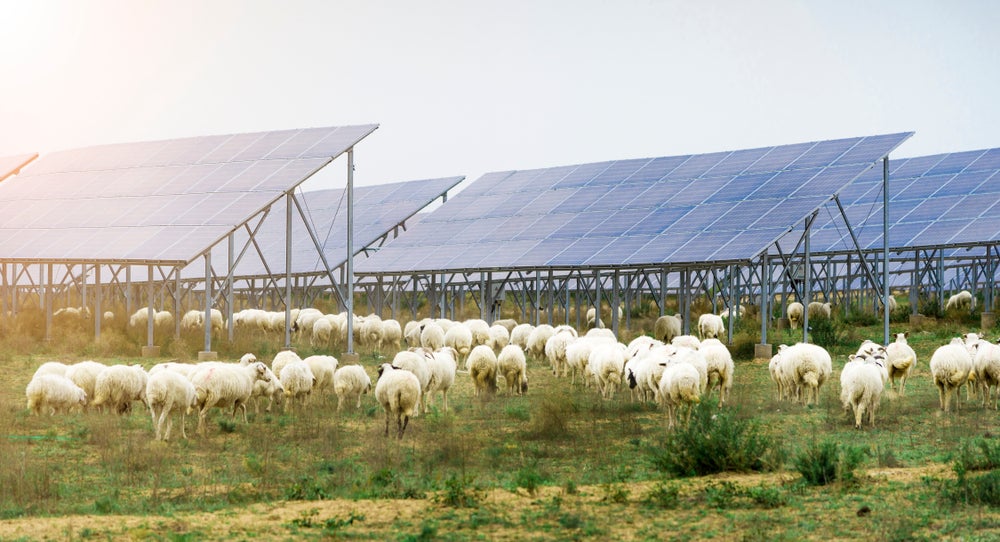Renewable energy projects can help regenerate nature, and should be incentivised and rewarded for doing so, says European electricity trade association Eurelectric in a new report.
Eurelectric launched the Power Plant report and project at its annual conference in Brussels on 16 June.

‘Integrated’ renewable energy projects “contribute to regenerating nature… in a spirit of collaboration and community ownership”, says Eurelectric. It cites as examples projects that revive degraded areas such as old coal mines or peatlands, agrivoltaics and solar panels doubling up as a sound barrier along motorways.
In the Netherlands, solar panels could provide 20% of the country’s electricity needs if installed along all motorways, a Eurelectric representative told Energy Monitor
The Power Plant project confronts head-on the notion that renewables projects and nature protection may come into conflict. The report includes an example of a hydropower site that has become part of the EU’s Natura 2000 network of protected natural sites.
“Climate change and biodiversity loss can be tackled simultaneously,” said Eurelectric secretary-general Kristian Ruby on the day of the launch. “Our industry has the means to reduce the ecological loss and go even further: restore nature.
“This is also a call to remove all barriers to speed and scale up the deployment of renewable power plants,” he added.
Around 500GW of new renewable capacity – about half of existing European generation capacity – is needed to cut EU CO2 emissions by 55% by 2030. Yet the average permitting time for new renewables projects is four to six years, Eurelectric says. Permitting must be accelerated to tackle both the climate and biodiversity crises, it suggests.
It calls on the European Commission to consider a ‘gold standard’ and accelerated permitting for integrated, ‘net positive’ renewable energy projects, as well as to amend the EU's Common Agricultural Policy to promote integrated energy and agricultural production. “Agricultural lands are the biggest opportunity for biodiversity/climate gains,” the report says.
The European Commission has proposed ‘go-to’ areas as a means of speeding up permitting. Power industry representatives warn these must not imply other areas are automatically ‘no-go’ zones.
The Power Plant report covers solar, wind, hydro, grids and storage. It includes best practice case studies from across Europe, and was developed with sustainable architecture company EFFEKT.
A total of 81% of EU habitats are already severely degraded due to intensive farming, urban sprawl or pollution, and climate change is set to become the biggest driver of biodiversity loss by 2050, Eurelectric notes.



